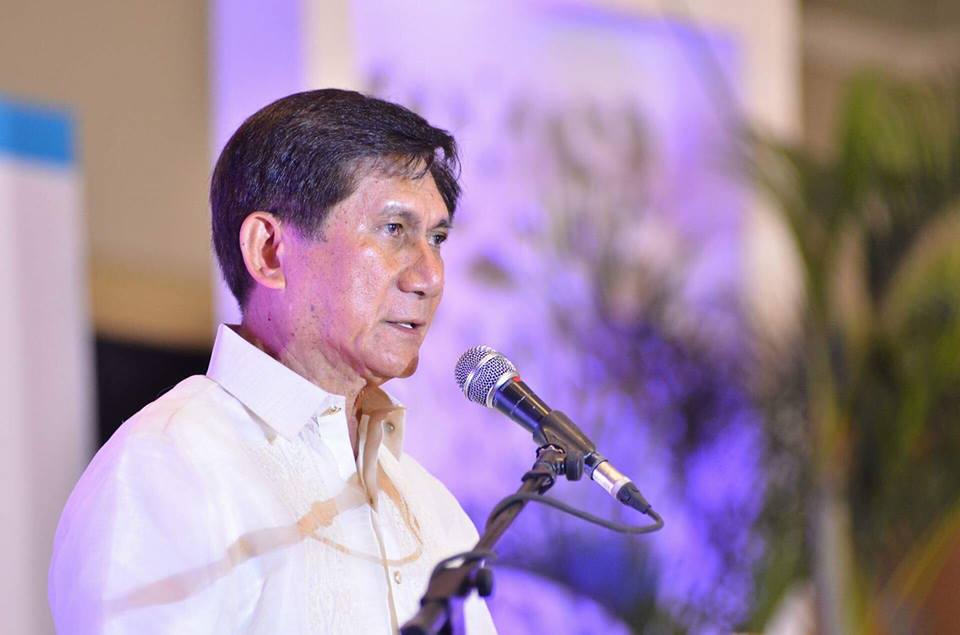News
Producers must pay for their share in pollution: Cimatu

FILE: Environment Secretary Roy Cimatu sees the need for a law that would make manufacturers pay up for their share in polluting the environment. (Photo: Department of Environment and Natural Resources (DENR)/Facebook)
MANILA — Environment Secretary Roy Cimatu sees the need for a law that would make manufacturers pay up for their share in polluting the environment.
“Perhaps we must consider enacting laws that will make manufacturers pay at least part of the cost of cleaning up the non-biodegradable packaging that they use,” Cimatu said at the 2nd Philippine Environment Summit (PES) in Cebu City on Tuesday.
He raised the urgency for such a move, noting all sectors must help address the pollution problem nationwide.
In 2017, the Department of Environment and Natural Resources (DENR) helped 321 local government units properly close and rehabilitate open and controlled dumps around Manila Bay, he said.
But he said more needs to be done, as pollution continues to plague the country.
“Judging from the volume of plastic and other wastes that end up in our rivers, lakes, and seas, we have not done enough,” Cimatu said.
The National Solid Waste Management Commission said the country generates about 36 tons of waste daily.
Metro Manila is the country’s top waste-generating region and produces nearly 8,300 tons of waste per day or about three million tons of waste per year, the commission said.
Republic Act 9003, or the Ecological Solid Waste Management Act, refers to solid waste as “all discarded household, commercial waste, non-hazardous institutional and industrial waste, street sweepings, construction debris, agricultural waste, and other non-hazardous/non-toxic solid
waste.”
A planned amendment to RA 9003 seeks to raise product stewardship among manufacturers nationwide to help minimize pollution from plastic packaging materials.
Senate environment committee head Sen. Cynthia Villar believes RA 9003 must include provisions on extended producer responsibility (EPR), a stewardship-promoting solid waste management approach, which makes manufacturers responsible for their goods even after selling these.
“That’s part of amendments I’m planning for RA 9003,” she said at last month’s 2018 Zero Waste Month celebration and 4th Eco-Waste Management Summit in Metro Manila.
The EPR would include manufacturers’ recovery of sold goods’ discarded plastic packaging materials, so there would be less solid waste and pollution in the country, Villar noted.
Cimatu hailed the conduct of the second PES from Feb. 20 to 22 this year.
“I commend the organizers of this noble undertaking for their resolve to hold this event,” he said, referring to DENR and environment group Green Convergence.
PES showcases breakthroughs and advancements in environmental protection and sustainable development.
Through PES, various sectors can share views on common challenges, collaborate on solutions, and replicate success stories.
“Mainstreaming Innovation for Sustainable Development” is the 2018 theme of PES, a biennial event.
Green Convergence president Dr. Angelina Galang said this year’s PES focuses on local initiatives anchored on the triple bottom line (TBL) concept that takes into account people, planet, and profit to achieve business sustainability and profitability.
Profit should not be business’ sole concern, she said.
To be sustainable, she said, a business must also consider its social responsibility and environmental impact.
She said sustainable business operations do not deplete natural resources and instead enable present and future generations to avail of their goods and services.





















